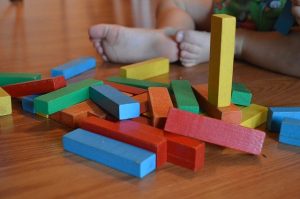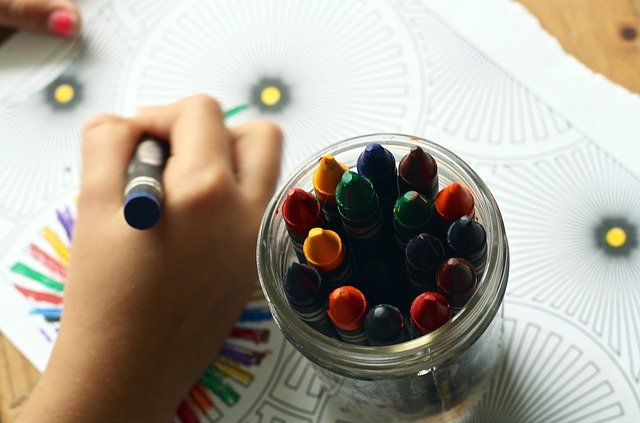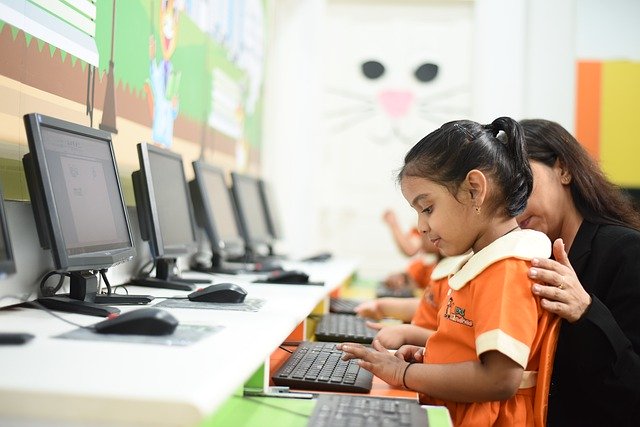Why should preschoolers engage in cognitive activities? What are cognitive activities for preschoolers? Young children learn a lot of things while playing. You might be thinking that they are just playing. But in reality, their mind is working hard to gather knowledge. Playing promotes cognitive development. While playing, their mind works very fast. It helps them in developing problem-solving skills, imagination, experimenting, communicating, and many other things.
What Are Cognitive Activities for Preschoolers?

As they will learn while playing, you do not need to put any extra effort. You just need to create a playing environment so that they will be motivated to play and learn all the time. Here are some playing-related cognitive activities that you can consider for the mental growth of your preschooler.
Play Ideas for Cognitive Development
It is worth mentioning that healthy communication with your kid is important to ensure a better result and so your child can really enjoy the long term benefits of preschool. You will have to make sure that you are spending time with your kid to answer the young curious mind. Your active participation is a must in all the following activities.
- You can try board games such as “Snakes and Ladders” or any card game like “Snap” or “Go Fish”. These games will engage the young mind, sharpen their minds, and boost their imagination.
- Read kid-friendly books and help them to understand riddles and jokes. Learn some reading tips for your preschoolers to enhance the experience.
- Inspire them to show interest in construction and building games.
- Consider easy jigsaw puzzles.
- Find games that promote both singing and moving.
- While driving, create a playful and learning environment by showing different things like grass, trees, or anything visible at the roadside.
- Motivate your kids to help you with cooking. By doing so, they can learn counting, naming, measuring, and many other things.
Kids can learn very fast at this age. If you want your kid to learn first, then you will have to create a favorable environment. Also, do not always offer help. Let your kid find a solution. It will build confidence and they will know how to handle a specific situation without your help. Whenever your child will not be able to do something, he/she will cry for help. You will have to wait until that period.
Also, you need to be more communicative to develop their language skills. While you play, you can ask your child to explain what is going on. Be attentive and show interest so that your kid will be inspired to impress you with his/her discovery.
You should always limit the screen time regardless of age. Some programs might be helpful for cognitive development. But if you allow spending more time with the screen, it might affect adversely. So, limit the screen time and always focus on quality media choices. Make sure that your kid is playing more and watching her/his favorite programs less.
The Conclusion
So, what are cognitive activities for preschoolers? These are preschool readiness activities that stimulate the minds of young children so that your preschooler has healthy mental growth. You should try from an early age around four. This is the right time to make friends, to organize things, and understand concepts. Communicate with your kid always and inspire your little one to explore different things whenever possible. In the case where you need extra help, do not hesitate to reach out to a preschool near you to contact them for more information.



 term effect of a particular preschool program on the performance and grade retention of its former students in their middle school years. Those who were held back a year before joining pre-school were less likely to perform well academically.
term effect of a particular preschool program on the performance and grade retention of its former students in their middle school years. Those who were held back a year before joining pre-school were less likely to perform well academically.


